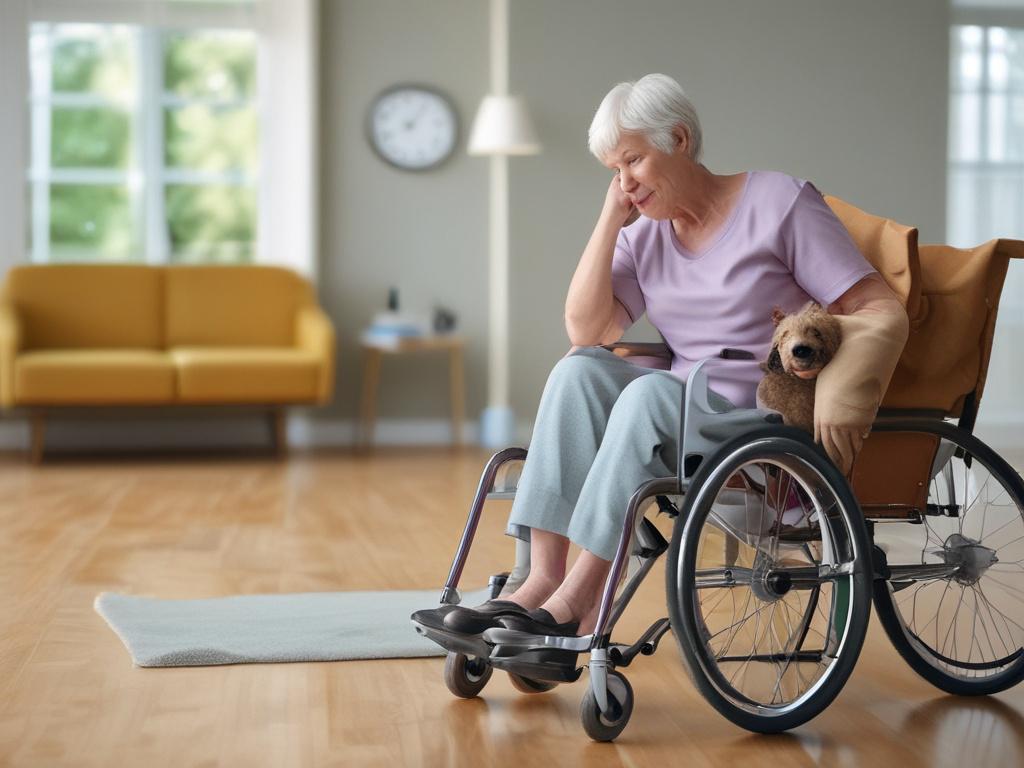
In today's fast-paced world, many families face the challenge of balancing their responsibilities while caring for loved ones. Discover the vital role in-home care plays for families and individuals seeking support in daily activities. This compassionate service not only assists with everyday tasks but also enhances the overall well-being of those receiving care. By providing tailored support within the comfort of one’s home, in-home care helps families navigate the complexities of caregiving while ensuring their loved ones maintain dignity and safety.
The impact of in-home care extends beyond practical assistance; it empowers individuals to preserve their independence and engage fully in their lives. Personalized care plans cater to unique needs, fostering a sense of autonomy and confidence. As we explore how in-home care transforms daily living and enriches quality of life, it's clear that this essential service serves as a lifeline for many, bridging the gap between support and independence. Join us as we delve into the importance of in-home care and its transformative effects on families and individuals alike.
Understanding the vital role of in-home care for families in need
In-home care serves as a crucial support system for families facing challenges in daily activities, whether due to aging, illness, or disabilities. Families often find themselves stretched thin, juggling work, caregiving, and personal responsibilities. In-home care professionals step in to alleviate this burden, providing tailored assistance that meets each individual's unique needs. From help with daily chores to essential medical support, these caregivers significantly enhance the quality of life for both the individual and their family members.
Moreover, in-home care fosters a sense of security and comfort within the familiar surroundings of one's home. It allows individuals to receive care in an environment where they feel most at ease, reducing the stress and anxiety often associated with transitioning to institutionalized care. This personalized approach not only strengthens family bonds but also encourages open communication, enabling families to work together in ensuring their loved ones receive the best support possible. In essence, understanding the vital role of in-home care illuminates how it serves as a lifeline for families navigating the complexities of caregiving.
How in-home care empowers individuals to maintain independence
In-home care plays a crucial role in helping individuals retain their independence while receiving the support they need in their daily activities. Caregivers assist with essential tasks such as personal hygiene, meal preparation, and medication management, allowing clients to live comfortably in their own homes. This tailored support fosters a sense of security, enabling individuals to continue engaging in familiar routines and activities that bring them joy. When individuals receive assistance with the things they struggle with, they can focus on their personal interests and hobbies, which promotes a greater sense of autonomy and satisfaction in life.
Moreover, in-home care encourages individuals to stay connected with their communities and loved ones. Caregivers can facilitate transportation to social events, educational classes, or spiritual gatherings, allowing those in their care to participate in meaningful experiences. This connection to community fosters social interactions that combat isolation and loneliness, enhancing overall well-being. By investing in in-home care, families empower their loved ones to lead fulfilling lives while receiving the necessary support, ultimately promoting a higher quality of life and preserving their dignity and independence.
The lasting impact of in-home care on daily living and quality of life
In-home care significantly enhances daily living for individuals by providing personalized support tailored to their unique needs. Caregivers assist with essential tasks such as meal preparation, medication management, and personal hygiene, which enables individuals to focus on their well-being and enjoy more fulfilling lives. This type of support alleviates the stress often associated with managing daily activities, allowing individuals to feel more secure and confident in their environment. By ensuring that daily tasks are handled effectively, in-home care empowers individuals to maintain a sense of normalcy and routine, which is crucial for mental and emotional stability.
Furthermore, the quality of life of individuals receiving in-home care greatly improves as they benefit from companionship and social interaction. Caregivers not only assist with physical activities but also serve as engaging companions who foster meaningful connections. This interaction combats feelings of loneliness and isolation, which are common among those who require assistance. As a result, individuals experience not only a boost in mental health but also an enhanced overall sense of purpose. The lasting impact of in-home care creates a positive feedback loop where improved daily living leads to better overall quality of life for both individuals and their families.